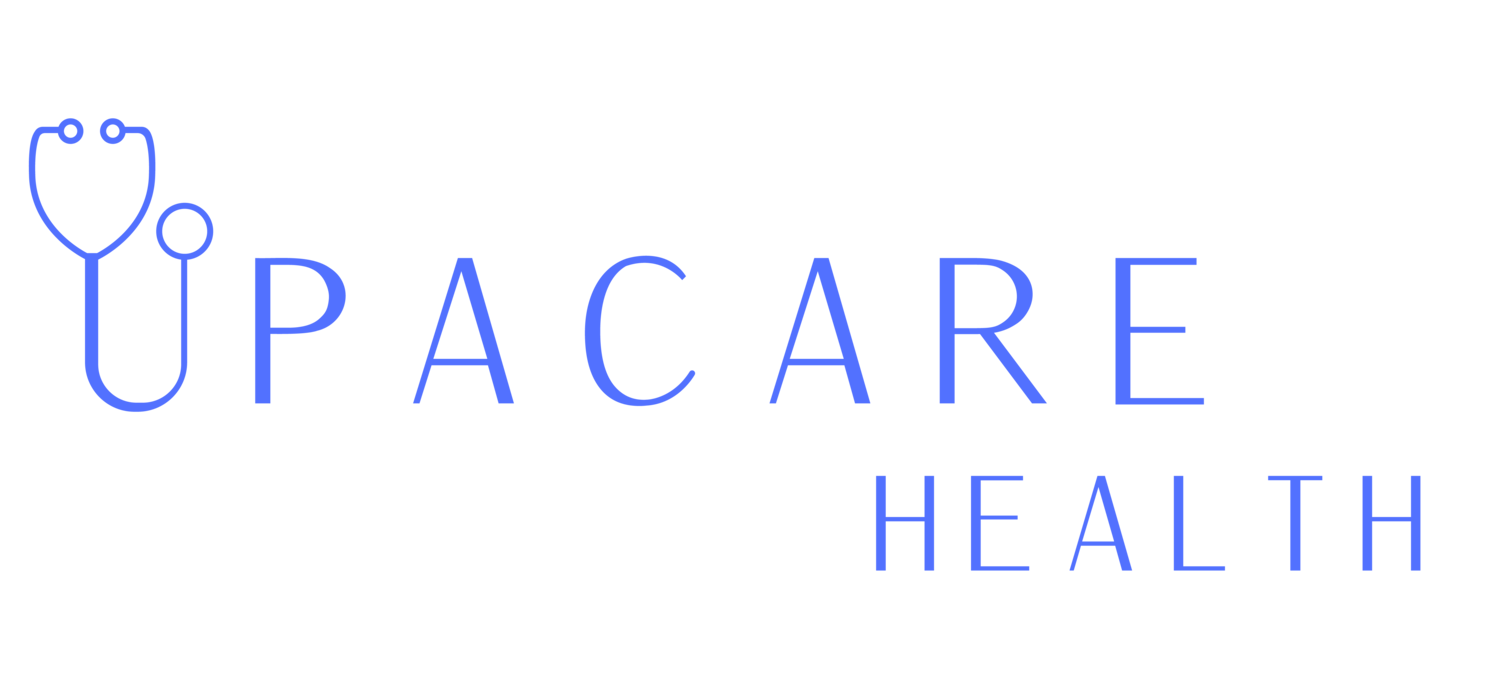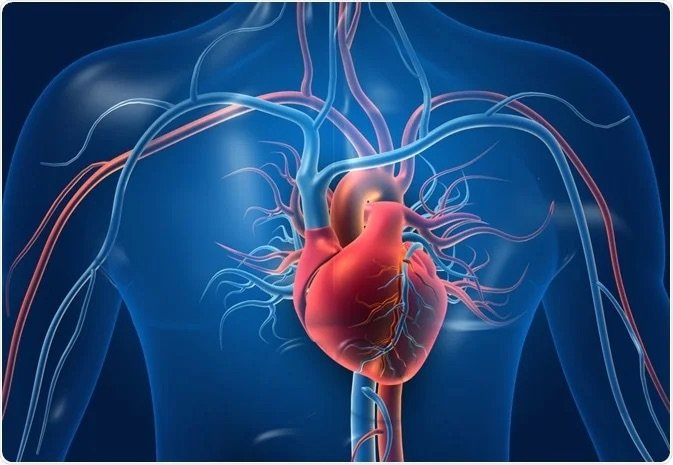Why Doctors Want You To Take Your Blood Pressure Seriously!
Credit: Getty images
Having our blood pressure checked is a universal image we all conjure up when we consider seeing our primary healthcare doctor. Proper blood pressure control has never been more important than now, as we are facing a pandemic of non-communicable diseases (NCDs); the prevalence of such diseases is rising in developing countries like Nepal. High or raised blood pressure in medical terminology is referred to as hypertension.
Hypertension
So, what does hypertension mean? Hypertension refers to the pressure of blood being too high in the arteries (the blood vessels that carry blood from your heart around the body). Although the arteries are designed to stretch in response to the pressure of blood being pumped around your body by the contraction of the heart. In hypertension the pressure is high enough to cause damage to the arteries. As the arteries become damaged, they become stiffer so the heart has to work harder to pump blood through the damaged ‘stiff’ arteries. This becomes a vicious cycle as the higher pressure required to pump blood around the body subsequently causes further damage to the arteries.
Over time, the arteries start to narrow and, as they do, fatty deposits called ‘atheroma’ can build up and block your arteries! Arteries are responsible for carrying blood from your heart to your to the rest of your body in order to provide them with the oxygen they need to function. If an artery gets blocked, it can have serious detrimental consequences. Suppose an artery that supplies the heart gets blocked: in that case, it may lead to a myocardial infarction (heart attack); or if an artery in the brain gets blocked, it can lead to a cerebral vascular event (stroke). Hypertension can also cause the artery to rupture and cause a bleeding event. Hypertension is the most common cause of primary intracranial haemorrhage (bleeding in the brain).
What makes hypertension diagnosis difficult is that it commonly does not present with symptoms and is often referred to as ‘the silent killer'. However, we know there are risk factors that can predispose one from developing hypertension and, therefore, addressing these risk factors will reduce an indiv risk of developing hypertension.
What makes hypertension diagnosis difficult is that it commonly does not present with symptoms and is often referred to as ‘the silent killer'.
However, we know there are risk factors that can predispose one from developing hypertension and, therefore, addressing these risk factors will reduce an indiv risk of developing hypertension.
What are the risk factors for developing Hypertension?
Age — blood pressure tends to rise with advancing age.
Gender — up to about 65 years, women tend to have a lower blood pressure than men.
Ethnicity — people of black African and black Caribbean origin are more likely to be diagnosed with hypertension.
Genetic factors — research on twins suggest that up to 40% of variability in blood pressure may be explained by genetic factors. A positive family history increases the risk of developing hypertension.
Lifestyle — smoking, excessive alcohol consumption, excess dietary salt, unhealthy diet, obesity, and lack of physical activity are associated with hypertension.
Anxiety and emotional stress — can raise blood pressure due to increased adrenaline and cortisol levels.
Co-existing diabetes or kidney disease.
What Do The Numbers Mean?
We often hear blood pressure referred to as a particular number over another number, such as 120/90. Let’s break it down so we understand what this is actually referring to.
The first (top) number refers to systolic blood pressure. This refers to the pressure in your arteries when your heart contracts (pushing blood around your body). The second number (bottom) is known as the diastolic pressure. This refers to the pressure in your arteries when the heart relaxes after a contraction.
Hypertension is defined as a blood pressure of 140/90 mmHg or above. Hypertension has different stages, depending on how high the blood pressure is. For example, stage 1 hypertension refers to a clinic blood pressure range of 140/90mmHg- 159/99mmHg.
It is important to realise you cannot diagnose hypertension based on one reading. The reason for this is that certain factors can cause a high reading without being true hypertension. For example, white coat hypertension refers to an unusually high blood pressure reading when in a consultation room with a doctor or medical professional but normal otherwise. It occurs in up to 30% of patients.
Management
Prevention is better than cure. The risk factors for developing hypertension can be split into modifiable and non-modifiable. For example, a strong family history of hypertension suggests there could be a genetic predisposition which you cannot change (non-modifiable). In contrast, lifestyle risk factors such as excess dietary salt or obesity are risk factors which can be changed. Lifestyle changes can drastically reduce your risk of developing a disease. It is also important to note that just because there is a genetic predisposition to hypertension doesn’t mean you will definitely get it. Focusing on improving modifiable risk factors such as diet and exercise can help prevent the onset of hypertension. If you are diagnosed with hypertension, rest assured that there are plenty of treatment options and blood pressure can be easily controlled in the majority of people.
If you are worried about your blood pressure, please see a physician.
For more articles and health tips, follow UpaCare Health and stay tuned for our weekly blog!
References
NICE clinical Knowledge Summaries, https://cks.nice.org.uk/topics/hypertension/background-information/risk-factors/(July 2022).
S Choles et al. Blood Pressure Targets in Adults With Hypertension: A Clinical Practice Guideline From the AAFP. 14 Nov 2022. https://www.aafp.org/dam/AAFP/documents/journals/afp/AAFPHypertensionGuideline.pdf




